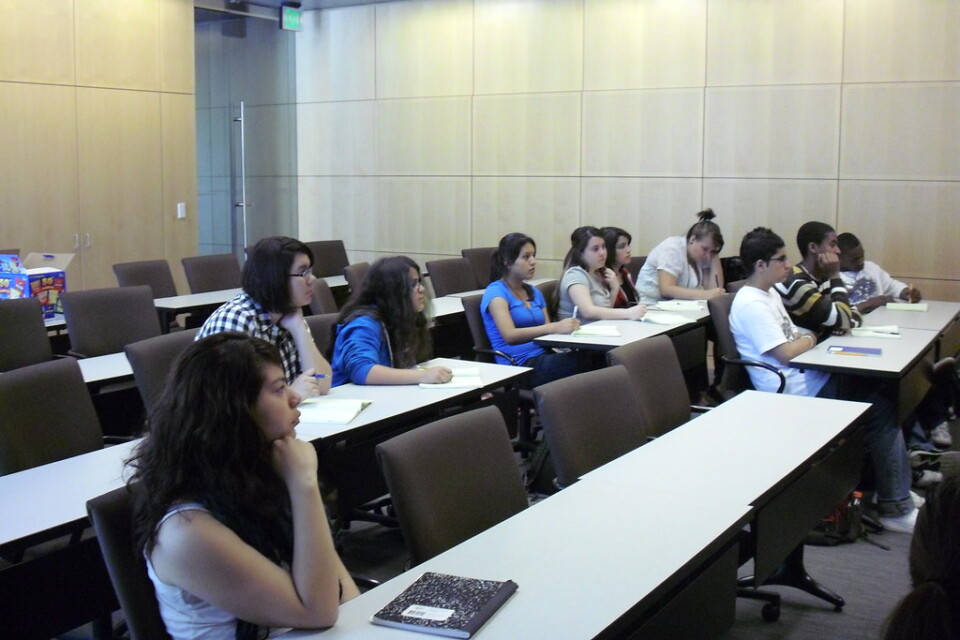Last Updated on March 24, 2024 by Ranking
This article presents the first detailed empirical findings on how, when and Why law students should develop their business awareness. Commercial awareness is perceived by employers as an essential skill for graduates, required at every stage of graduate recruitment. This study found that although the law school played a role in developing law students’ commercial awareness, from the students’ perspective its impact was quite limited.
The term ‘commercial awareness’ is considered difficult to define and there is evidence that employers and students define it in many different ways. A systematic literature review conducted by the author in 2020 examined the existing literature on commercial awareness in the context of law student employability in England and Wales. It found that there has been limited empirical research on how law firms define commercial awareness.
The phrase “commercial awareness” became more common in the 1980s, when the legal profession saw significant changes in regulation, marketing and competition. In the 1990s, Hanlon and Jackson (1999) found that larger commercial clients needed lawyers with commercial acumen or they would take their legal work elsewhere. A study of larger law firms by Sommerlad (2011) highlighted the desire of these firms to provide clients with entrepreneurial lawyers.
There appears to be compelling evidence that different types of law firms both value and require commercially savvy employees. This is confirmed by numerous websites aimed at law students, which highlight the importance of commercial awareness for the profession and those seeking access to it. The focus on commercial awareness in the law firm recruitment literature suggests that it will be assessed as part of the recruitment process.
The competition for employment of graduates in the profession is increasing every year. In 2021, 18,927 students graduated from law degrees in England and Wales. 81% of them completed their first or second cycle studies. There are 371 student places available for students who want to continue their career at the Chamber. Law graduates also join the profession by becoming paralegals.
Bypassing commercial awareness at the undergraduate level potentially prevents students from accessing these opportunities, as well as vacancies that arise later. Huxley-Binns (2011) predicted (correctly) that many law students would become paralegals if they did not take the LPC. The introduction of SQE means that incorporating commercial awareness into the undergraduate curriculum will perhaps be even more important.
There is a lack of solid evidence on how, when and why law students develop commercial awareness. This study aims to fill this knowledge gap. It is based on data collected as part of a practice interview program at the Faculty of Law at Northumbria University, a post-92 university. The study provided a significant amount of quantitative and qualitative data.
The findings and discussion section considers which aspects may have been developed through explicit identification by participants or through inferences. For ease of reference, the definition of commercial awareness is given again, with abbreviations of each part: The impact of the modules taught… “I think what university is good at is it kind of energizes you”
The data suggests that taught modules can help with development, but this seems to depend on the module and the teacher. Most participants had to independently link the implementation of teaching with the development of commercial awareness. Participants seemed to gain a deeper understanding from the modules, where academics explained what commercial awareness was and how the module supported development.
None of the participants described the clinic as a place that developed the understanding that a law firm is a business and needs to make money. The data appear to align with Alexander and Boothby’s (2018) statement that CLE must enable students to better understand the commercial realities of practice. The term was mentioned as a general skill but was rarely mentioned in the context of working with clients.
Participants applied to various companies and for various positions. All participants tried to develop their commercial awareness in some way. Although participants mentioned work experience, part-time work, volunteering, mentoring and networking as helping to develop commercial awareness, none of these factors stood out as a place for development.
Participants actively sought to improve their ability to understand and develop various aspects of commercial awareness. Some participants took a basic developmental approach, such as reviewing current events right before a job interview. Others used a more planned, process approach, adopting a long-term strategy by developing their awareness “over time and in interaction with others”
Many participants noted that they had developed their commercial awareness through individual research activities. This pursuit of knowledge and understanding may be rooted in their engagement with law firms, law schools, and external organizations’ employability narratives. These participants clearly realized that understanding business concepts was a way to give them an “edge” in the competitive legal recruiting industry.
This approach may have led to participants unknowingly excluding themselves from many opportunities to enter into training contracts that provide job security and financial support. This is particularly concerning for post-92 institutions that have traditionally attracted students from lower socioeconomic backgrounds. For these students, leaving development until final year may lead to a superficial and underdeveloped understanding of commercial awareness and its importance to employers.
The university can and should be a catalyst for the development of students’ commercial awareness. Law schools must incorporate commercial awareness into their curricula by partnering with career services. This integration into the undergraduate curriculum is particularly important given the current changes in the legal education landscape as LPC programs come to an end and SQE begins to take precedence.
We hope that the student voices heard in this article will be helpful, providing insight and ideas to faculty and, in turn, their students. Informed consent was obtained from all study participants and each participant consented to the publication of their data.




